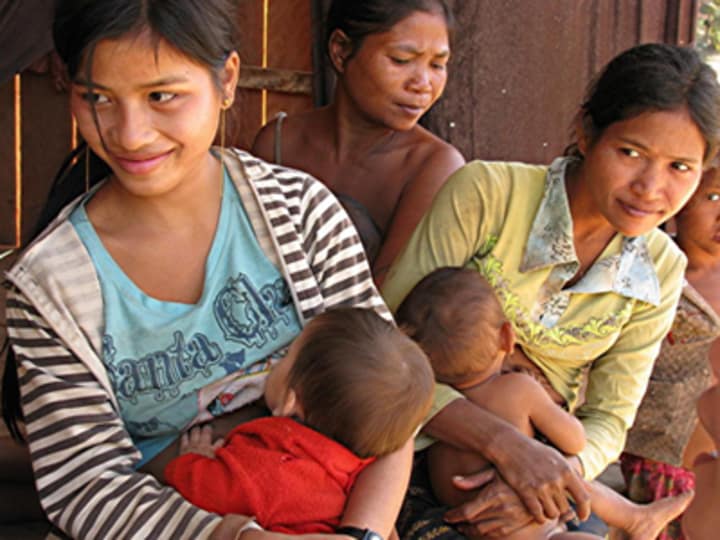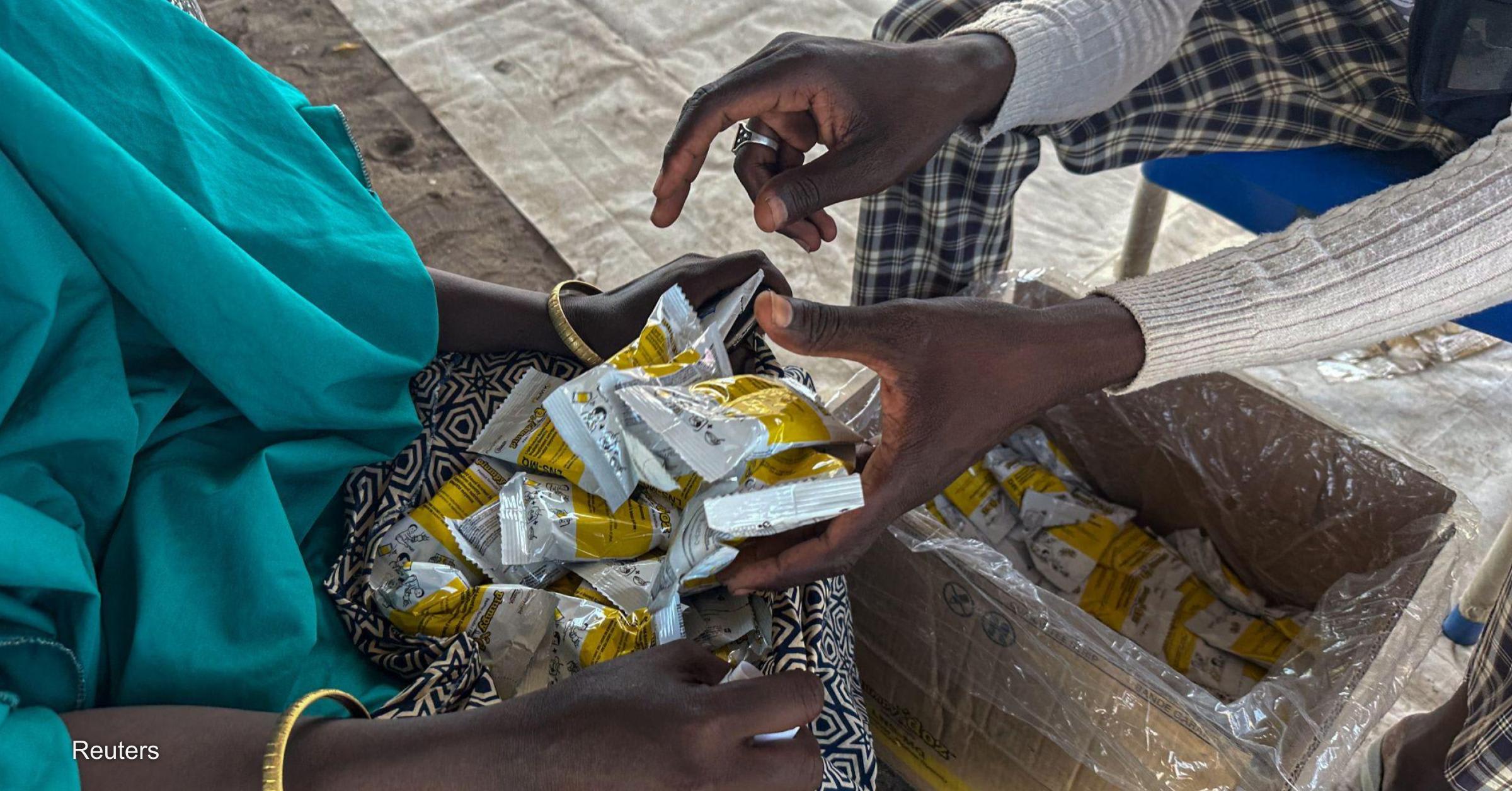
Breastfeeding stands out as the single most effective intervention to save children’s lives, improve nutrition, by reducing diarrhea, pneumonia and newborn infections. Among the growing benefits are enhanced IQ, reduction in obesity and non-communicable diseases, which include diabetes and cardiovascular problems. Yet the rate of exclusive breastfeeding among children younger than 6 months is a dismal 37 percent globally, which means 92 million out of 136 million babies are not able to practice WHO-recommended exclusive breastfeeding for the first six months. And these indicators have been almost stagnant for two decades, despite World Health Organization plans to increase exclusive breastfeeding by 50 percent by 2025.
According to data from a new study carried out in 51 countries by the World Breastfeeding Trends Initiative, exclusive breastfeeding rate averages about 46 percent in 15 countries and initiation of breastfeeding within one hour of birth is about 51 percent. East Asia and the Pacific has shown a decline in breastfeeding mothers from 45 percent in 2006 to 29 percent in 2012, while the baby food market is set to grow by 31 percent over the next three years.
What most people perceive about breastfeeding is that women do it anyway. However, women need to be supported with several strategies, including protection from baby food companies, support at the workplace, support at the time of delivery and accurate information about optimal feeding practices. In spite of proven benefits and repeated emphasis, there has been very slow progress in developing specific programs. Governments, donors and international aid organizations have been focused on “promotion of breastfeeding,” which means nothing or different things to different people. When it comes to funding, it is hardly there for any of the three strategies mentioned above. International funding, for example has been largely driven by food aid for therapeutic food or micronutrient supplements. This is because of market-driven policies and programs.
So where should the donor money go?
First, to protecting breastfeeding from pernicious commercial influences, which is critical. WHO’s recent report on implementation of the 1981 International Code of Marketing of Breastmilk Substitutes shows that only 37 out of 199 countries have enacted a law that fully adheres to it. Does that send any message to our aid agencies or governments? Ending all inappropriate promotion of food for infants and young children needs more attention. If you invest in this strategy and promise to deliver on this standard by 2015 in all 199 countries, the world would be much kinder to women and children. Ambitious, yes, but it can be done, and requires both courage and cash.
Next is promotion. The most common reason for women to adopt artificial feeding is perceived insufficiency of their breastmilk for the baby. Breastfeeding is not like “food in” and “food out” — it’s all controlled by two hormones. These hormones depend on sucking by the baby and the state of mind of the mother. It’s all about building her confidence to increase her milk supply. Evidence shows that increasing exclusive breastfeeding rates is possible through individual or group counseling by an adequately trained worker. This again requires technical assistance and human resources. Only seven countries out of 51 have such a provision, and the gap is too large.
Third is support. Breastfeeding can’t succeed if mother and baby are away from each other. Improving maternity benefits and encouraging breastfeeding at work must be encouraged. Yet none of the 51 countries where we studied policies could score a perfect ten in this area. Asia is no exception, as very few countries provide a six-month maternity leave. To equally support women, innovative thinking is required. Wage compensation for women in the informal sector should be a top priority — at least $2 a day. The ILO convention could be revised to include a mandatory six-month leave for all women, working at home or not.
According to a recent study, the United States could save up to $13 billion in health care costs if 90 percent women were able to breastfeed. You get your money back along with a range of public health benefits.
Finally, it should be viewed as women’s right. Breastfeeding is a public health priority requiring social, political, legal and financial interventions. Somehow, breastfeeding, though admittedly of great benefit, is always left out when it comes to resource allocations.
All countries, donors and development agencies should allocate at least ten percent of the child budget to strategies for increasing breastfeeding. Otherwise, the global community and the world at large will fail in supporting women. To spend this fund, countries could design a minimum essential programme of services within a legal framework according to the guidelines set by WHO’s Global Strategy for Infant and Young Child Feeding, and coordinated by a high level body within the government, like in Brazil, where this policy dramatically increased the country’s breastfeeding rates.
You have the power to invest in children. The choice is yours.
Join the Devex communityand gain access to more in-depth analysis, breaking news and business advice — and a host of other services — on international development, humanitarian aid and global health.








